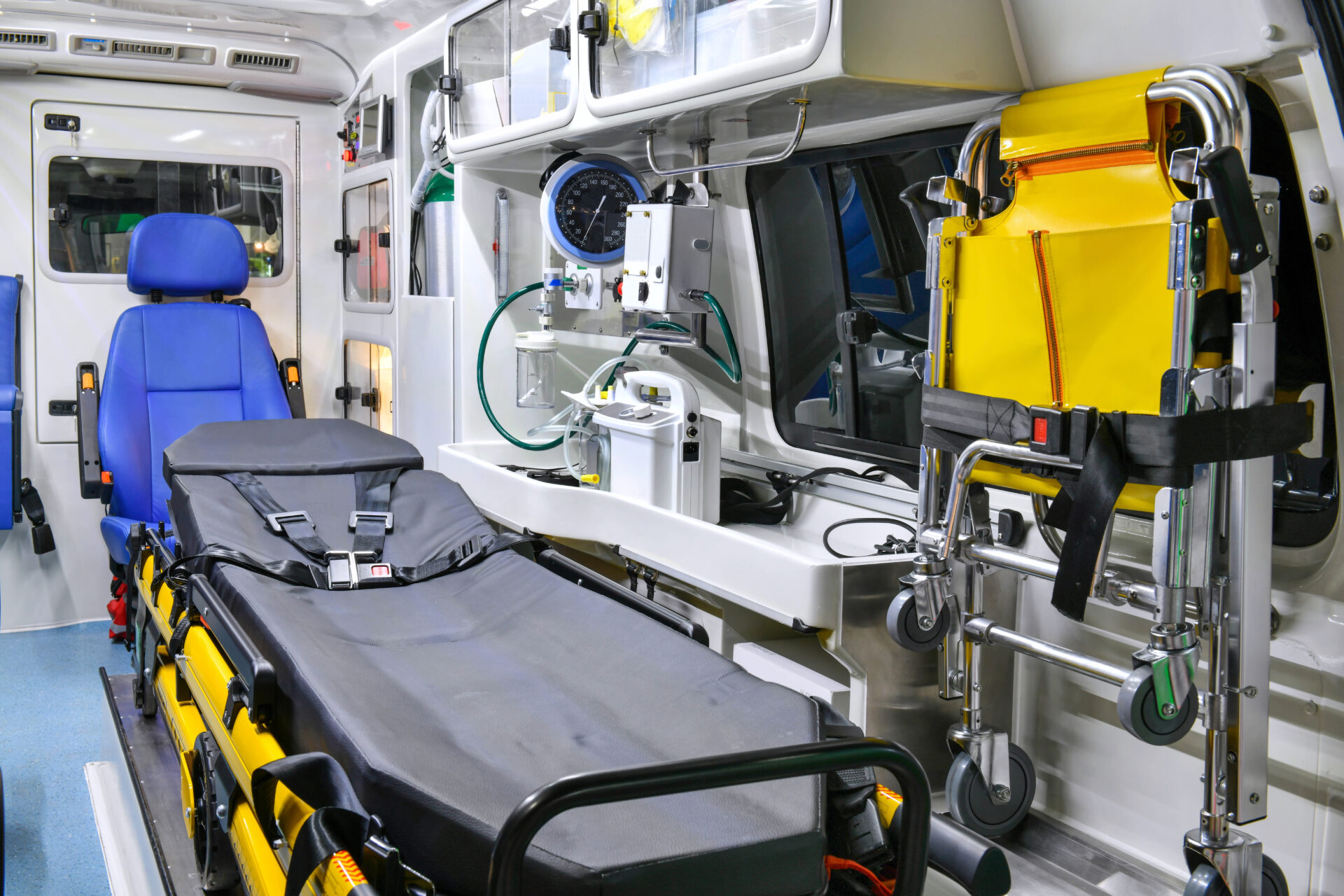Emergency Services in West Virginia’s third most populous county are joining the state’s whole blood transfusion program to help medics better stabilize patients in critical condition during ambulance rides.
Starting May 1, Monongalia EMS (Mon EMS) will be able to perform whole blood transfusions. Last year, West Virginia became the first state in the nation to provide statewide protocols for the administration of whole blood on ambulances.
Whole blood contains red blood cells, plasma, and platelets that rapidly restore blood volume and enhance clotting, helping patients with severe blood loss survive the ride to the hospital.
Robby May, director of Clinical Services for Mon EMS, has more than 20 years of experience. He said he has seen the positive impact of whole blood transfusions firsthand, and access to this treatment could save more lives especially in rural areas.
“A lot of times we think about just trauma, but it’s actually medical patients as well, too,” May said. “People with really bad GI bleeds, things like that. When you’re suffering a hemorrhage that is significant, the peak time of death is 30 minutes, and 30 minutes is even when you’re in an urban setting, (it) is long before most people can ever get into an OR suite.”
According to the Department of Health, whole blood transfusions have saved 16 lives since the launch of the program in Cabell County in November 2023. Harrison County joined the whole blood program in March 2024.
May previously worked in Maryland at the Howard County Department of Fire and Rescue Services, and was instrumental in implementing whole blood protocols in that region.
“We were the first to launch whole blood in the state of Maryland,” May said. “I can tell you, over the three years that I was there, just the significant impact that it (whole blood) had on patients that otherwise, over the last, you know, 22 years I’ve been in EMS, I never would have seen make it out of the hospital, or even necessarily make it alive to the hospital.”
May also said all 60 Mon EMS paramedics will be trained in whole blood administration.
“A lot of places, or EMS agencies, only train their supervisors, or whoever is going to be the one to actually carry the blood,” May said. “We, as an agency, said, ‘No, we want to train all 60 of our paramedics to ensure that there is never a logistical issue like that that prevents a patient who needs blood from getting blood.”
In addition, Monongalia EMS will offer neighboring EMS agencies en route to WVU Ruby Memorial Hospital with a critical patient in need of blood a rendezvous point to administer blood to the patient to stabilize them.
“We have told all of our partnering EMS agencies that are geographically around us, including in Pennsylvania and Western Maryland as well, that if they have an ambulance that’s in route to Ruby Memorial, it doesn’t matter if it’s a paramedic crew or an EMT crew, if they believe that their patient meets the criteria for blood, to call us and we will meet them in route, whether it be on interstate or wherever, to go ahead and board their ambulance and administer that blood and stay with them until we transfer care at the hospital,” May said.
